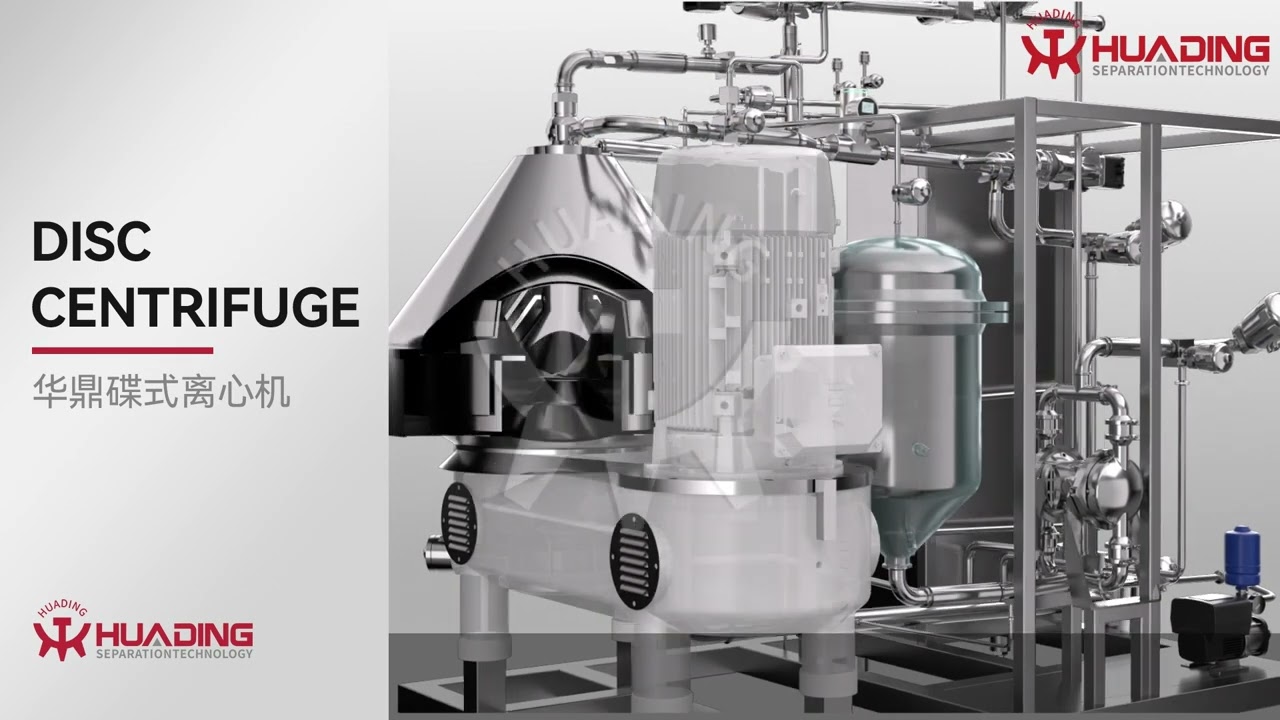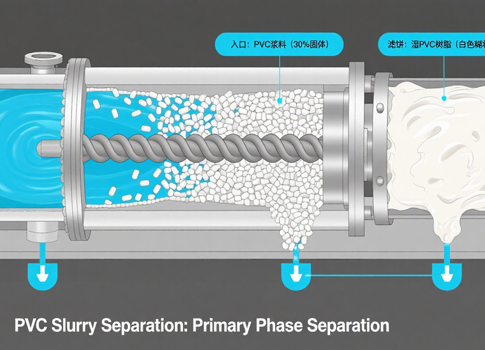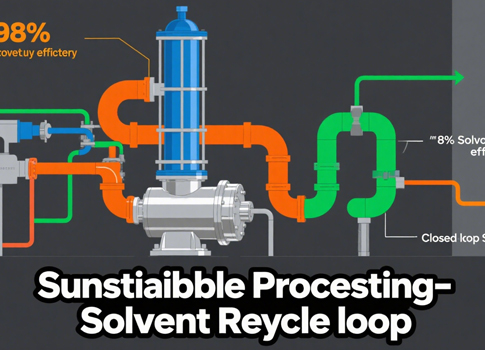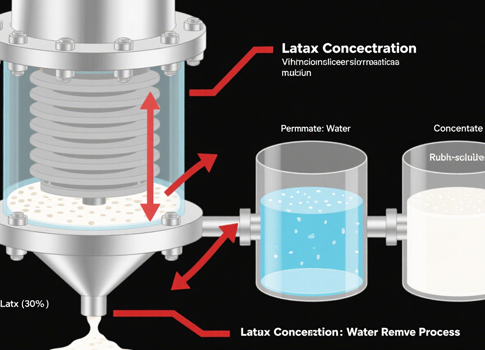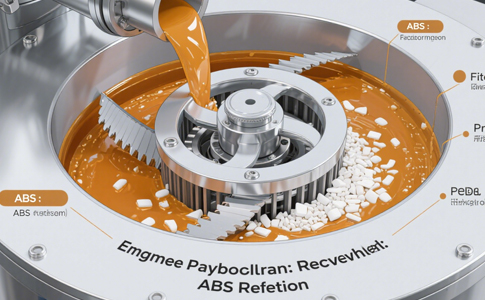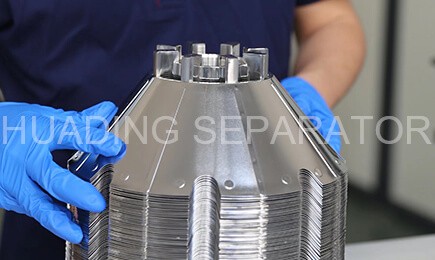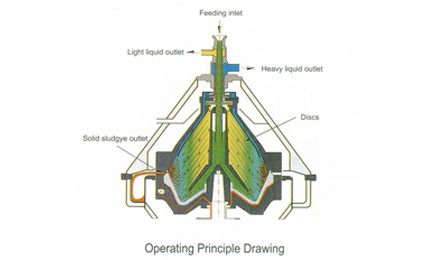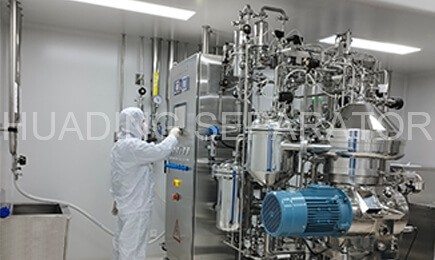Polymers are the building blocks of modern plastics and synthetic materials, found in countless everyday products. From packaging and automotive components to textiles and electronics, high-quality polymers are widely used. Producing these polymers involves complex chemical reactions followed by crucial separation steps to isolate and purify the polymer product.
Removing unreacted monomers, catalysts, and by-products is an important part of meeting process and product requirements. Huading Separator delivers centrifugal separation solutions specifically designed for polymer processing. These systems support the recovery, purification, and dewatering of polymers while helping maintain consistent product characteristics.
How Centrifuges Work in Polymer Production
Centrifugal separators streamline the separation process at various stages of polymer production. Implementing centrifuge technology helps manufacturers achieve high throughput and consistency, while recovering valuable materials. These systems are engineered to handle polymer slurries, suspensions, and emulsions with precision and reliability.
1. Separation & Recovery
At the start of polymer processing, centrifuges are used to separate solid polymer particles from liquids such as monomers or solvents. Huading’s decanter systems enable continuous solid-liquid separation, supporting high throughput while clarifying liquids for reuse and capturing more product from each cycle. |
2. Washing & Purification
Centrifugal systems play a key role in purifying polymers by removing residual monomers, catalysts, and additives after initial separation. With integrated washing stages, these systems flush out impurities from the polymer cake, improving product consistency and preparing the material for final drying or compounding. |
3. Dewatering & Solvent Recovery
At the final stage, Huading centrifuges help reduce moisture content in polymer solids and separate residual liquids such as solvents or monomers. This step prepares the product for drying while enabling recovery and reuse of valuable process fluids, supporting both operational efficiency and resource conservation. |
Applications in Polymer Production
Centrifuges and separators are utilized across various polymer types and production processes. Here are some key applications where Huading’s centrifugal technology supports polymer manufacturers in achieving efficient separation, purification, and concentration:
Huading Centrifuge Solutions in Polymer Plants
- Supporting Continuous Polymer Output: Huading systems enable reliable separation in continuous or batch polymer lines, reducing process interruptions and maintaining stable performance.
- Designed for Modular Integration: Centrifuges can be configured to fit various plant layouts and scaled from pilot operations to large-scale production.
- Adaptable Across Polymer Profiles: Our technology adjusts to the flow, viscosity, and density variations of different polymers to ensure smooth operation and quality output.
- Promoting Circular Resource Use: With integrated recovery functions, Huading solutions help reclaim solvents and minimise polymer loss, aligning with sustainability targets.
Why Choose Huading Separator for Polymer Production?
Huading Separator combines decades of industry experience with customised separation solutions designed for polymer processes. Our systems support every stage—from monomer recovery to final dewatering—while ensuring consistent performance, safety, and efficiency across a wide range of polymer applications.

